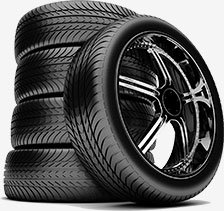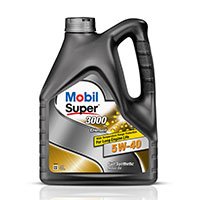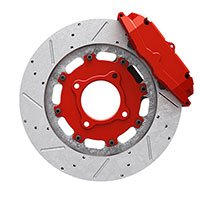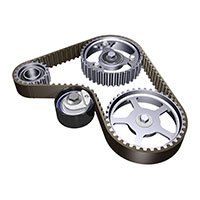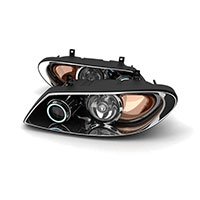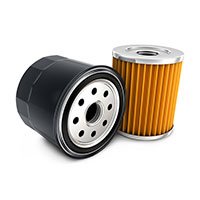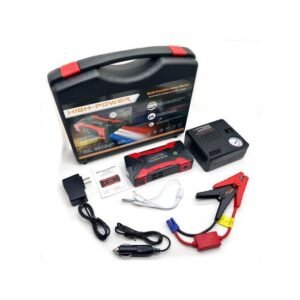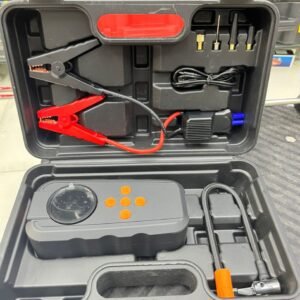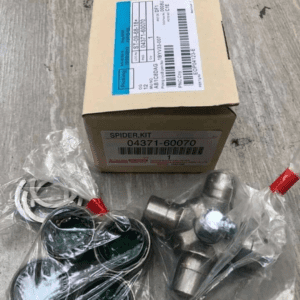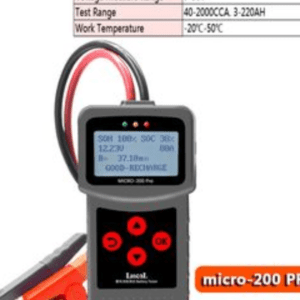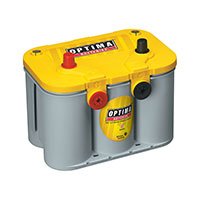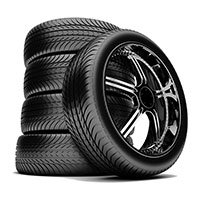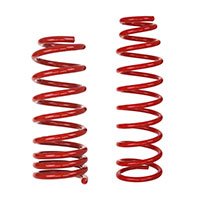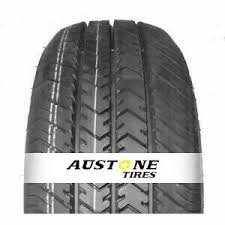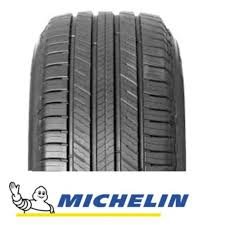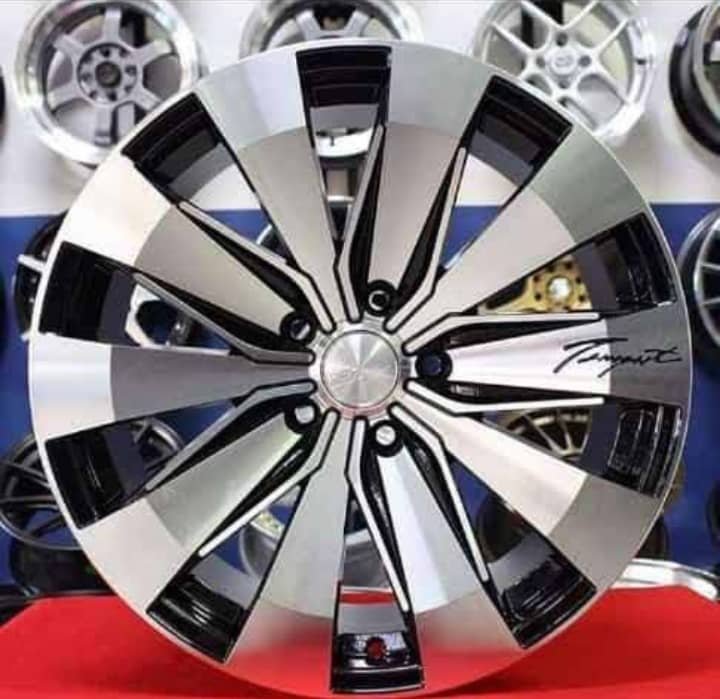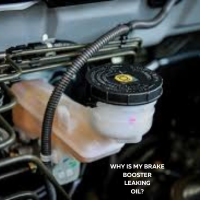Why is my brake booster leaking oil?
Why is my brake booster leaking oil?.
Why is my brake booster leaking oil?
Do you sometimes notice spots of a light yellow to brownish fluid under your vehicle, near your wheel? If you reach down and touch the spot, the fluid leaves a slippery residue on your finger, there’s an issue. Are you concerned about what it might mean for your vehicle? Do you wonder if it could be brake fluid leaking from your car’s brake system?
A vehicle’s braking system is developed to be a closed system. The system is composed of a brake pedal, pistons, a reservoir, switches, brake lines, cylinders, links, and brake fluid. The components such as the reservoir, brake lines, and master cylinder are stationary while the pistons and switches are frequently on the move.
Any damage to any of these parts can result in brake fluid leakage that can affect the performance and the response of your vehicle’s braking system. So keeping your brake system in perfect condition is a way to maintain a safe and dependable vehicle. In today’s post, we will answer the question why is my brake booster leaking oil? But first, let’s talk about symptoms of bad brake booster.
The Symptoms of a Bad or Failing Brake Booster
Note that the brake booster is an essential part of the braking system. Always lookout for the following 3 symptoms so you can have them repaired right away:
- A Hard Brake Pedal
One of the primary indicators of a bad brake booster is an extremely difficult-to-push brake pedal. Sometimes this issue may occur gradually or appear all at once.
Once you notice your brake pedal is hard to engage, contact a professional mechanic to have your brake booster replaced. Ensure that your brake booster faults are repaired quickly, it isn’t safe to drive with a failed brake booster.
- A Longer Stopping Distance
This comes along with a hard brake pedal, sometimes you may notice it takes the vehicle longer to actually stop. . Remember, a longer stopping distance can be dangerous in all types of weather because your car can be unpredictable.
- The Engine Stalls When Brakes Are Applied
Whenever the brake booster is failing, it can draw excess vacuum from your engine. Sometimes this occurs when the diaphragm inside the brake booster fails to allow air to bypass the seal. When brakes are then pressed, the engine feels like it will stall, and the idle can drop. Along with the decreased brake performance, a stalling engine can cause serious problems.
TRY TO TEST THE BOOSTER
Because most vehicles use a vacuum system, the brake booster can be tested at your home. Please observe the following 3 steps:
- Put off the engine, pump the brakes, about five or six times is sufficient. It will deplete the stored vacuum.
- Then turn on the engine while pushing down lightly on the brake pedal. Once your brake booster is working perfectly, the pedal will fall away a little, but then become firm.
- But if your brake booster is not working fine, nothing will happen, or your brake pedal will push back against your foot once the engine starts. However, this could be a sign of a brake booster issue or vacuum hose problem.
So once you notice the brake pedal is difficult to push, higher than normal, and the vehicle takes longer to stop, get a mechanic to inspect it. And if necessary, the mechanic will replace your brake booster in a timely manner so you can safely drive again.
SO WHY IS MY BRAKE BOOSTER LEAKING OIL?
In case you have a brake fluid leakage, this is the result of another problem in your braking system. One of the possible exception to this rule is if you’ve recently had parts of your brake system serviced and the brake fluid reservoir is low. It means that the fluid has naturally settled throughout the system and required a little more to be completely full.

Because a brake leak can cause brake failure, you shouldn’t take this issue lightly. This requires your immediate attention for your own safety and that of others. Below are some of the most frequent reasons why a vehicle may leak brake fluid:
A Damaged Brake Lines Or Fitting
Note that this is an inexpensive issue to fix, it can endanger lives if not tended to quickly. Check if there’s a hole in one of the lines or a failed fitting. That’s if there is little to no resistance when you press the brake pedal, even after pumping it several times to try and build up pressure.
- A Loosed Bleeder Valves
All these parts are located on the brake calipers and serve to remove excess fluid when servicing other parts of the brake system. In case you have recently had a brake fluid flush or other work, your mechanic may not have tightened one of the valves perfectly well.
- A Faulty Master Cylinder
Whenever your brake fluid accumulates on the ground underneath the rear of the engine, your master cylinder is a likely culprit. Sometimes it could also indicate an issue with the slave cylinder. But with other brake leak issues, the fluid tends to pool near the wheels.
- A Bad Wheel Cylinder
Anytime you observe brake fluid on one of your tire’s walls, then you probably have a bad wheel cylinder, that’s if you have drum-style brakes. One other symptom of a brake leakage from a wheel cylinder is your car pulls to one side as you drive due to uneven fluid pressure.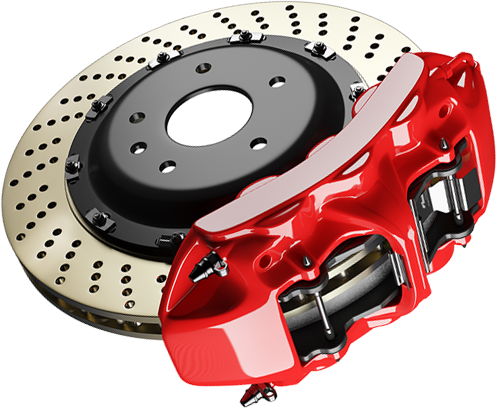 https://kctimoauto.com/product/disc-brake-caliper-toyota-land-cruiser-prado/
https://kctimoauto.com/product/disc-brake-caliper-toyota-land-cruiser-prado/
Conclusion on why is my brake booster leaking oil
Whenever you have noticed your brake booster leaking oil or have checked the levels and found them low, get help. Find mechanics that can come to you for a complete inspection to diagnose the cause of your brake booster leaking oil.


